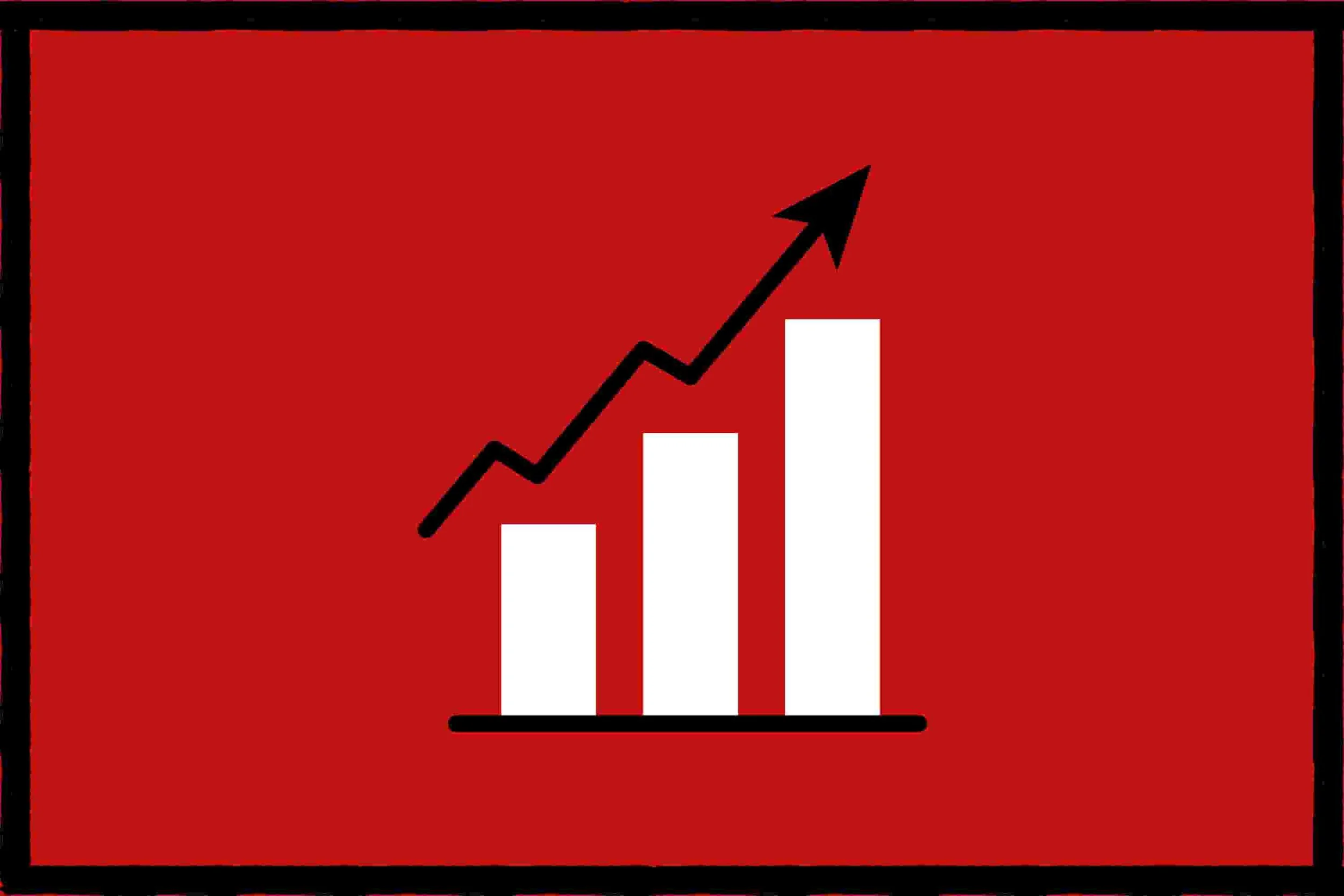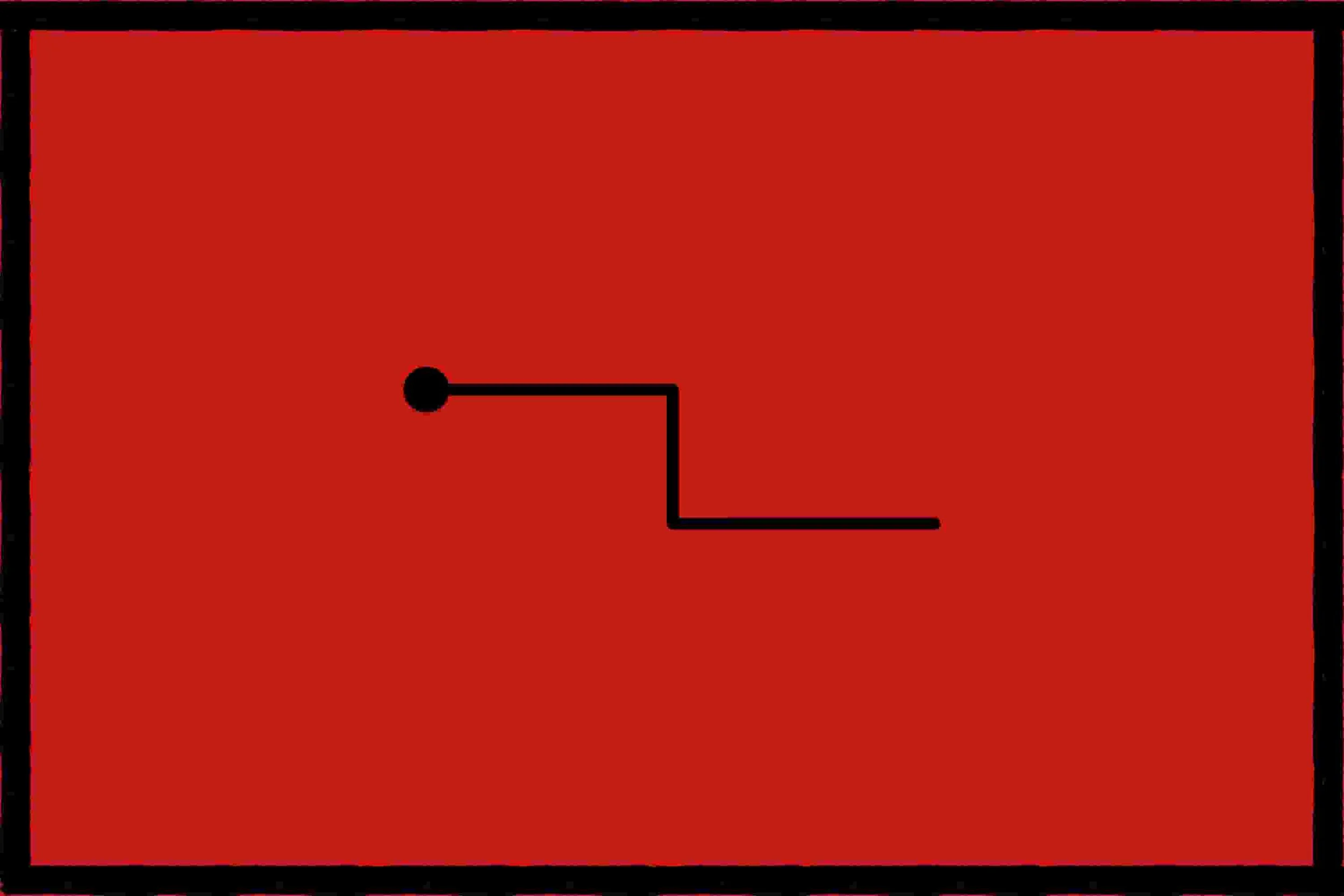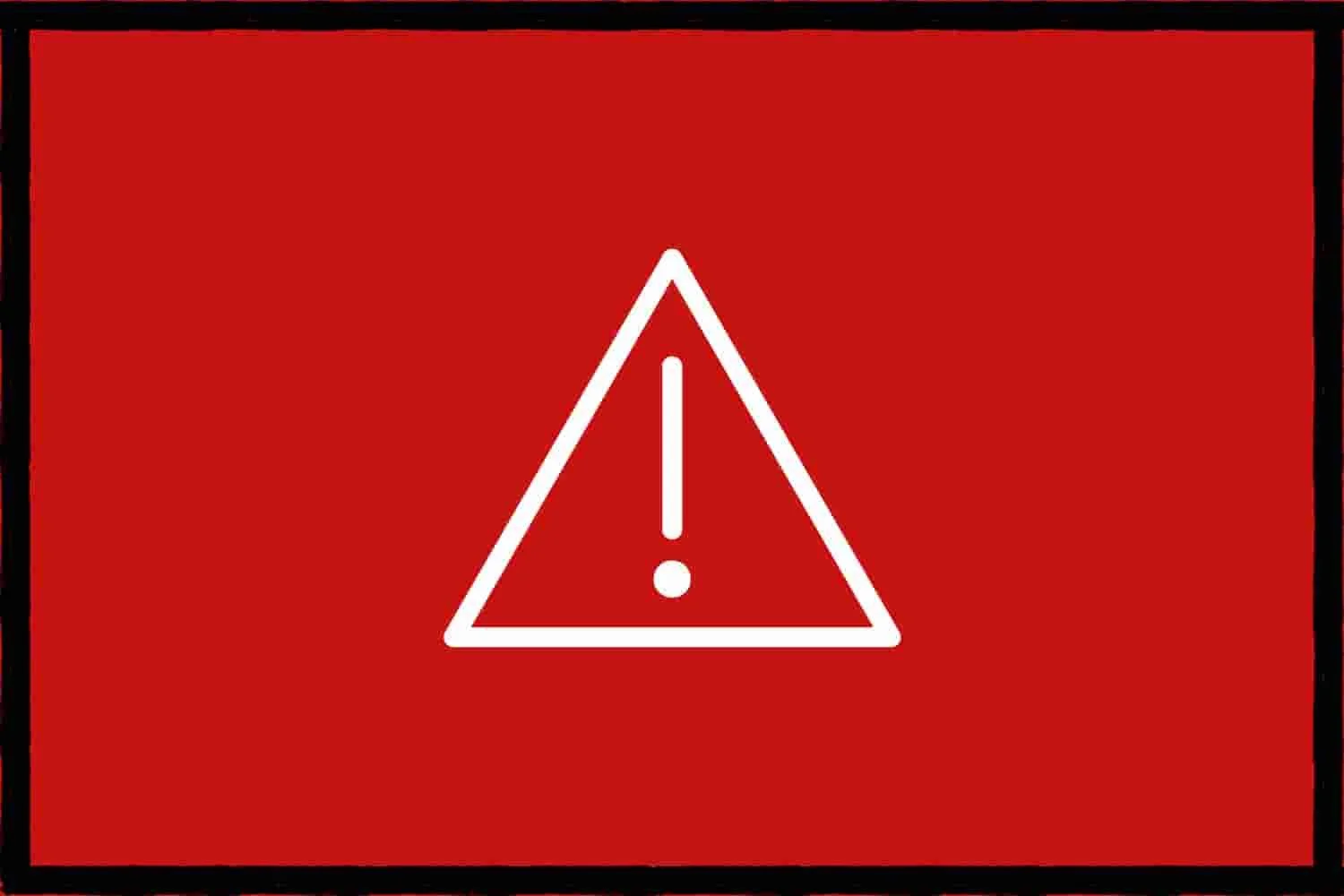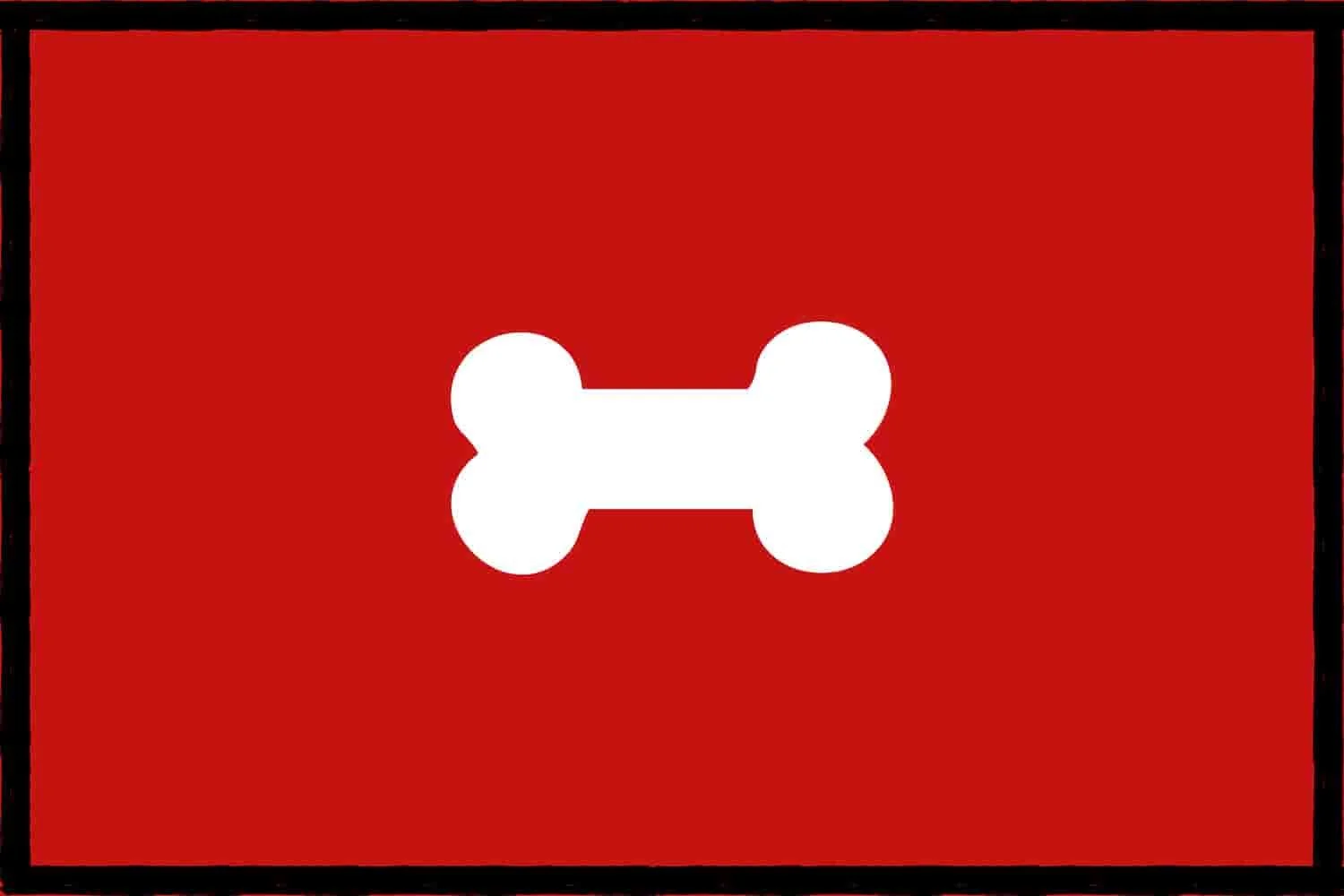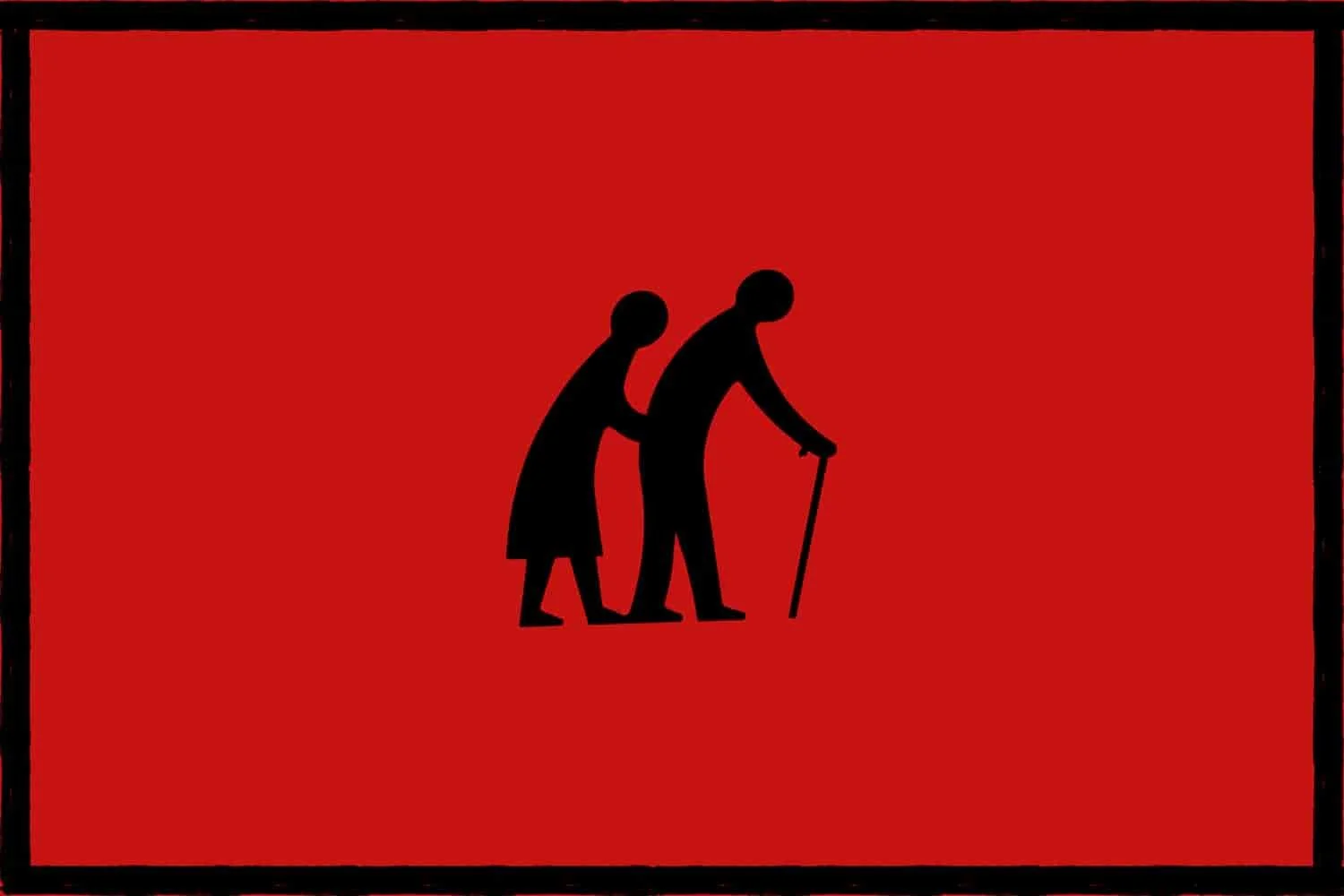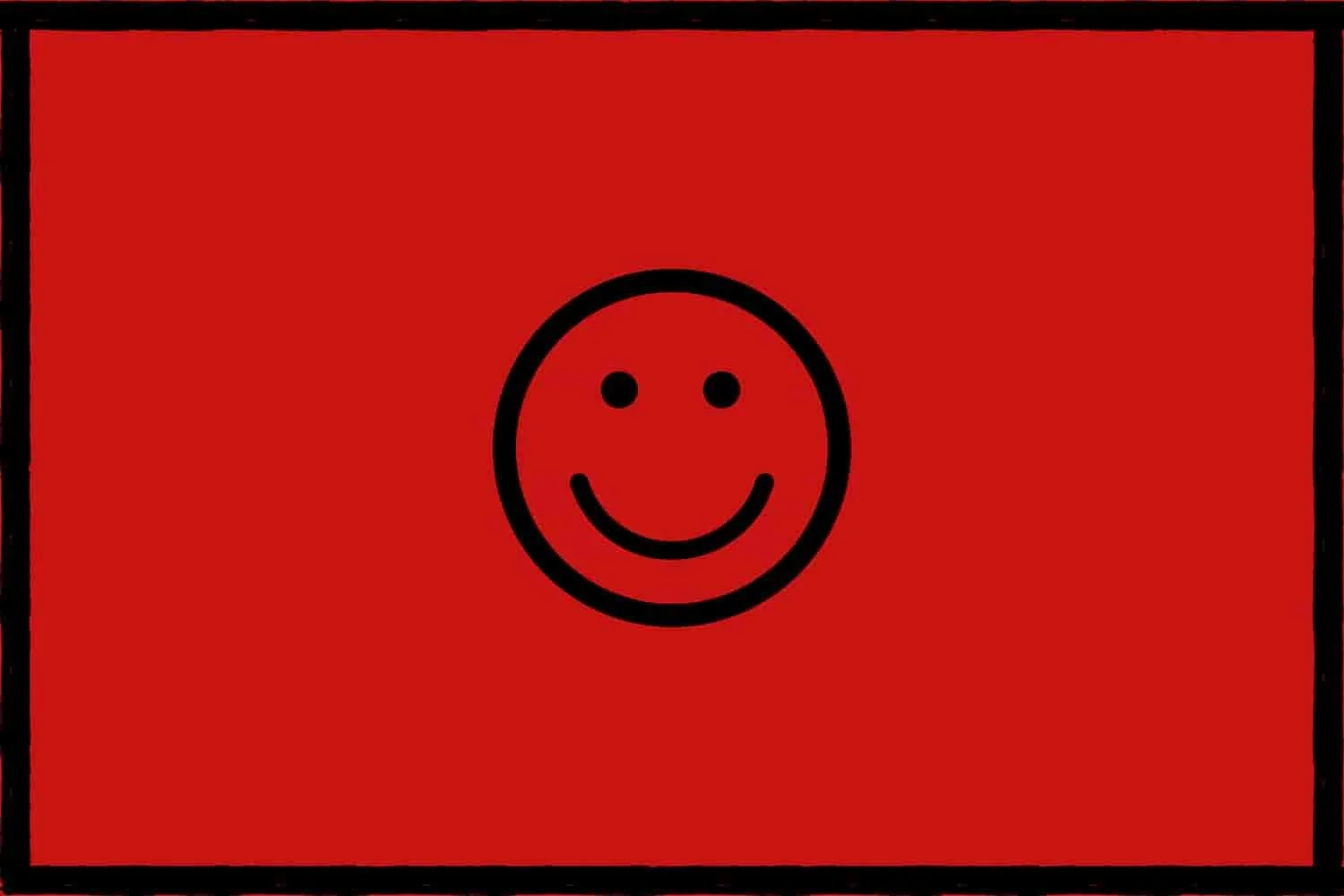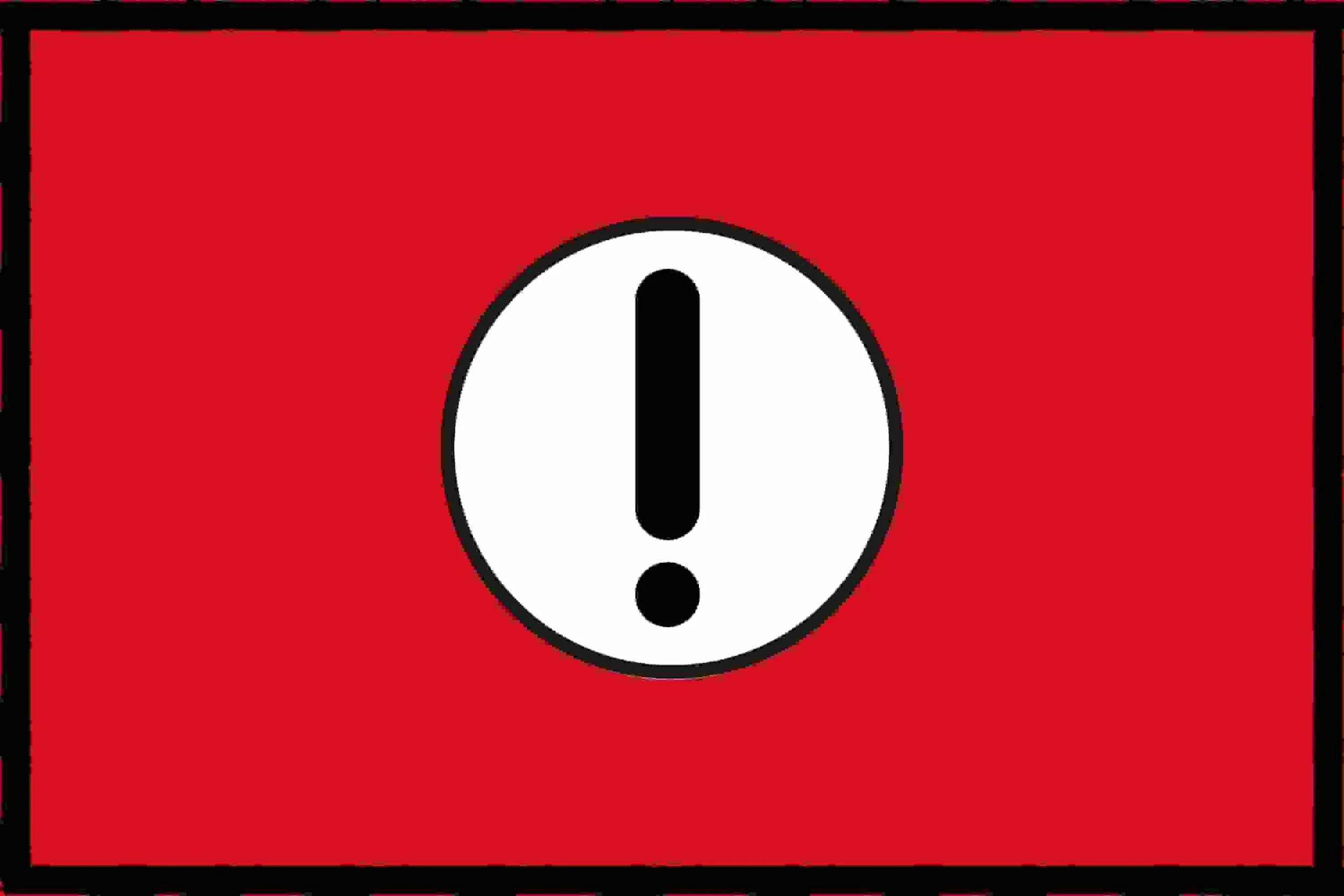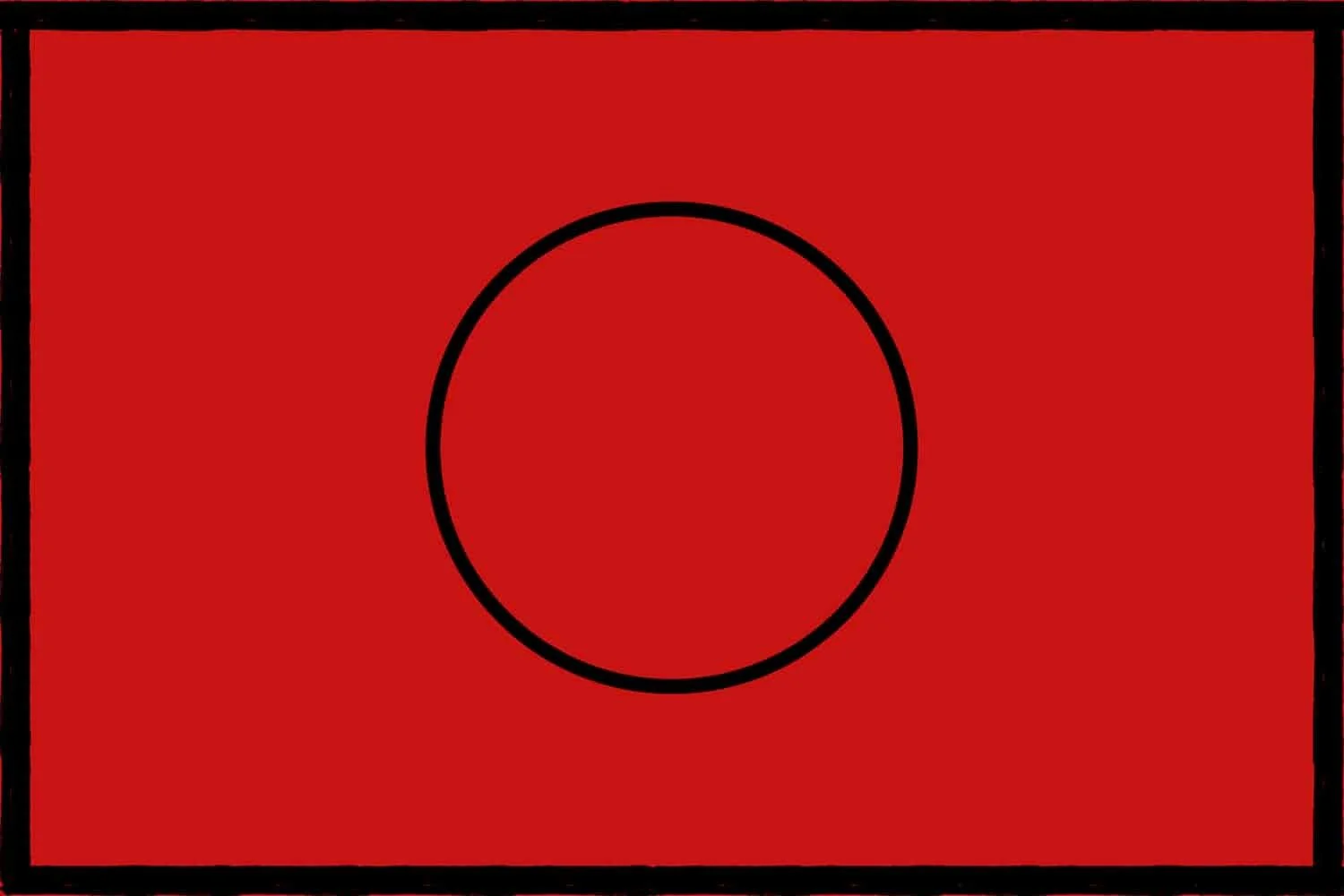The small things that you do consistently matter more than the large things you do sporadically. This is because consistency allows you to capture the awesome power of compounding - where small gains compound on each other to create massive change over time. From the history of the inorganic universe to the last 20,000 of human history, the power of small, incremental constant progress can be felt everywhere. And it’s the secret to your success.
Read MoreFear is the greatest enemy of wealth creation. If you are not naturally courageous, you have to work much harder to constantly push outside your comfort zone. And the paradox of fear is that the more stuff you do that scares you, the less scared you are.
Read MoreIn life, we rarely talk about the “losers.” Newspapers don’t report on what didn’t happen, finance gurus on Twitter don’t talk about the times they failed, and no one writes deep analysis on all the companies that quickly went bankrupt. This is because of survivorship bias. We focus on what we can see (the winners), and ignore what we can’t see (the losers). And it seriously distorts our ability to calculate the odds of something happening.
Read MoreChange isn't the exception in life, it’s the rule. And those who can learn fast, pivot quickly and position themselves to gain from rapidly changing circumstances eventually win. If you want to quit the “rat race” and become independently wealthy, you must adapt to change.
Read MoreDistraction is the enemy of wealth creation. Alongside the fear of failure, it’s the greatest obstacle you need to overcome to “win the game.” The price of freedom is control of your attention.
Read MoreLoss aversion bias is the natural tendency to suffer more from a loss than you enjoy from a proportionate gain. This is a feature of the human mind, not a bug and it’s designed to keep you alive. It also has important consequences when you navigate the world - ones that can work for you if you know what you’re doing and against you if you don’t.
Read MoreAt the beginning of 2021, I moved willingly into the dark. I quit my full-time job to write a movie with my wife. I knew that if I didn’t do this, I would regret it for the rest of my life. And minimizing regret turns out to be a very strong incentive for change. Some of the greatest entrepreneurs of all time use it to guide their decisions.
Read MoreIf you think you’re too “happy” to change the world, you’re wrong. My wife and I talk about this all the time. We wonder if we’re too “happy” and “balanced” to be artists who create work that can affect millions. While great work can definitely come from dark places, happy people are more productive. Here’s why…
Read MoreThere’s a simple way to make better decisions in your life: make more obvious ones. If it’s not slapping you across the face as an obvious “yes, I should do this right now,” then don’t do it. Just wait, and see what else comes your way.
Read MoreCharlie Munger uses a handful of mental models (ways of thinking about the world) to create outsized business results. One of those models is to operate within his circle of competence consistently. A circle of competence is an area of the world where you have useful knowledge that gives you an edge. These are the areas where you can win big.
Read More
